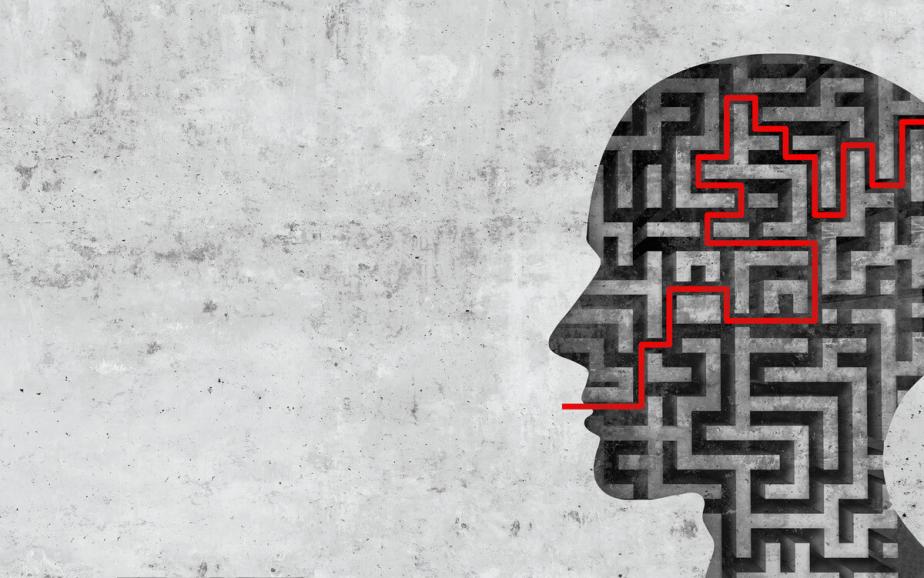6 Ways to Support Oral Language Deficits
Oral language is a crucial part of daily interactions. People who struggle with oral language have difficulties understanding and/or communicating clearly, in speaking and writing, which can have a considerable impact across all academic areas. Keep reading to learn about 6 Ways to Support Oral Language Deficits and enhance communication in your classroom.

- Read Aloud: Regularly read books with expressive voices and discuss the stories.
- Story Retelling: Encourage the child to retell stories in their own words, focusing on sequencing and details. Provide modeling and scaffolding.
- Explicit Teaching: Introduce new words with visuals, definitions, and examples. Make connections between new vocabulary and previously learned words and concepts.
- Word Games: Play word games to make learning fun. Focus on games that encourage children to use descriptive language (such as Guess Who, Pictionary Jr., and Hedbanz) or to explore words by finding common features and semantic relationships (such as Wordplay for Kids!, Scattergories Junior, and TriBond Kids).
Five Key Components of the Science of Oral Language for Educators
- Model Correct Grammar: Consistently use correct grammar and sentence structure.
- Sentence Expansion: Practice expanding simple sentences by adding details.
- Active Listening Activities: Engage in games like Simon Says and follow multi-step directions.
- Listening Comprehension: Discuss what was heard and ask questions to ensure understanding.
Download Six Ways to Support Oral Language Deficits
- Conversation Practice: Have regular conversations, encouraging full expression of thoughts.
- Role-Playing: Use role-playing to practice conversational skills in different contexts.
- Professional Support: Work with a speech-language pathologist for individualized assessment and intervention.
- Therapeutic Techniques: Follow specific exercises recommended by the therapist to target language deficits.
LanguageScreen & Oral Language Resources
LanguageScreen is a quick, tablet-based assessment, designed for children 3.5 to 11 years old. It flags language difficulties and provides valuable insights which assist educators in identifying and addressing language related learning difficulties early. Experience LanguageScreen and sign up for a complimentary 14-day trial.
Recognizing the significance of oral language helps create an inclusive and dynamic learning environment where every student can thrive. Learn more about it through our Oral Language Resources.
